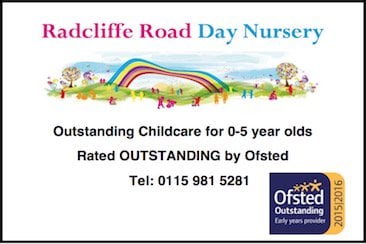Nottingham City Council has approved a £414,000 two-year pilot scheme to tackle youth vaping, in what is thought to be one of the first dedicated services of its kind in the country.
The initiative will create a Children and Young People’s Stop Vaping Service, responding to growing concern about the rise of e-cigarette use among under-18s.
The decision, formally signed off on 26 September, allocates £189,500 per year for service delivery and up to £35,000 for independent evaluation.
The funding comes from the council’s ring-fenced public health grant and will be channelled through two existing providers with strong links to schools and wellbeing services: Change Grow Live (CGL), which already delivers drug and alcohol treatment for young people, and Thriving Nottingham, which runs the city’s Stop Smoking Service.
Nationally, vaping among young people has risen sharply over the past three years.
According to Action on Smoking and Health (ASH), 18% of 11–17-year-olds in Britain had tried vaping in 2024, with 7.2% reporting current use. Alarmingly, 8.7% of those who had vaped had never smoked tobacco.
Locally, a Nottingham City survey of 12–15-year-olds in 2023 found 17% had tried vaping, with rates particularly high among Year 10 students: 26% of boys, 29% of girls, and 37% of gender-diverse or intersex pupils.
Although e-cigarettes are widely used by adults as a smoking cessation aid, they are not risk-free. Nicotine remains a highly addictive substance and can affect adolescent brain development, potentially influencing emotional regulation, concentration, and mental health. There is also concern about e-cigarettes being used to vape illicit substances such as THC.
The new Nottingham service will target secondary school pupils aged 11–16, with potential to expand to alternative provision settings if demand is high. It will combine education and prevention work, delivered by CGL, with one-to-one cessation support provided by Thriving Nottingham. This includes behavioural interventions, motivational interviewing, and, in some cases, nicotine replacement therapy (NRT), which is licensed for use by 12–17-year-olds in the UK.







